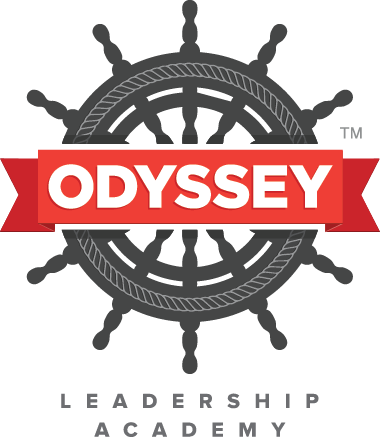"We spent Week One opening ourselves up to childlike wonder"
“With integrity as his guiding principle, Sam approaches his academic journey and personal interactions with steadfast dedication”
“Phierra possesses a strong sense of personal ethics and displays confidence when speaking in class discussions. She stands strong for what she believes but listens to her peers with open ears and acknowledgment of what is being said”
“Harrison’s approach to academics is characterized by diligence and determination”
“Becca Lee continued to show strong critical thinking skills with class work on Thales Theorem and our compass and circle work. She worked hard through proving the theorem, and even caught mistakes that we made as we worked through different problems”
“Will learned about an atom's chemical symbol, its average atomic mass, and its various isotopes”
“Coming in at twenty-one pages in length, Graces’s original fiction “I iRobot: Do You?’ is a well-constructed story with multiple parts and various elements of the horror genre that ties in the horrors of capitalism, bureaucracy, and Sci-Fi horror in the form of multiple AI robots”
Miles read upwards of 300+ pages of primary scholarly material and led out in class discussions on such topics as identifying rigor and livor mortis, determining time of death by bluefly pupae instar stages, and making statistical connections between race, gender, and national incarceration rates”
NARRATIVES INSTEAD OF NUMBERS
AT OLA, We make a firm commitment that we will never brand any student with a number or letter grade.
At Odyssey, we don’t give grades or place numbers on a student’s learning, engagement, wonder, and discovery.
Instead, we do narrative (rather than of numerical) transcripts so we can tell the deeper, richer, fuller story of our students. So that we can brag on our students, champion them, advocate for them, challenge them, push them, and call them farther up and farther into the learning that shapes their lives
We assess their learning through a descriptive narrative that highlights what the student learned, how they interacted in class and with assignments, their original thesis papers, and the hands-on projects they created.
We see students as individuals with in-depth life stories and passions, who learn in unique ways different from one another.
We don’t label them with numbers or letters because these are too small and narrow to properly show the whole of a person and their academic and communal growth over time.
Our narrative assessments allow faculty to give a more accurate portrayal of a student’s growth.
Instead, we believe it is of immense importance to help students walk out their own identity as creators of their own learning without the pressure of tests and grades.
The research on grading shows that striving for numbers and letters creates undue stress and anxiety that leads to depression, angst, and self-harm.
As a school intent on loving kids well, we vow to promote their fullest health by promoting, instead, joy, creativity, discovery, and voice without the external pressure of grades. We will celebrate their learning, not rank it. We will foster their humanity, not track and sort it.
By getting to know each individual student, we are able to monitor their progress relationally rather than numerically, thereby furthering our commitment to guide each child’s personal journey towards health and wholeness.

